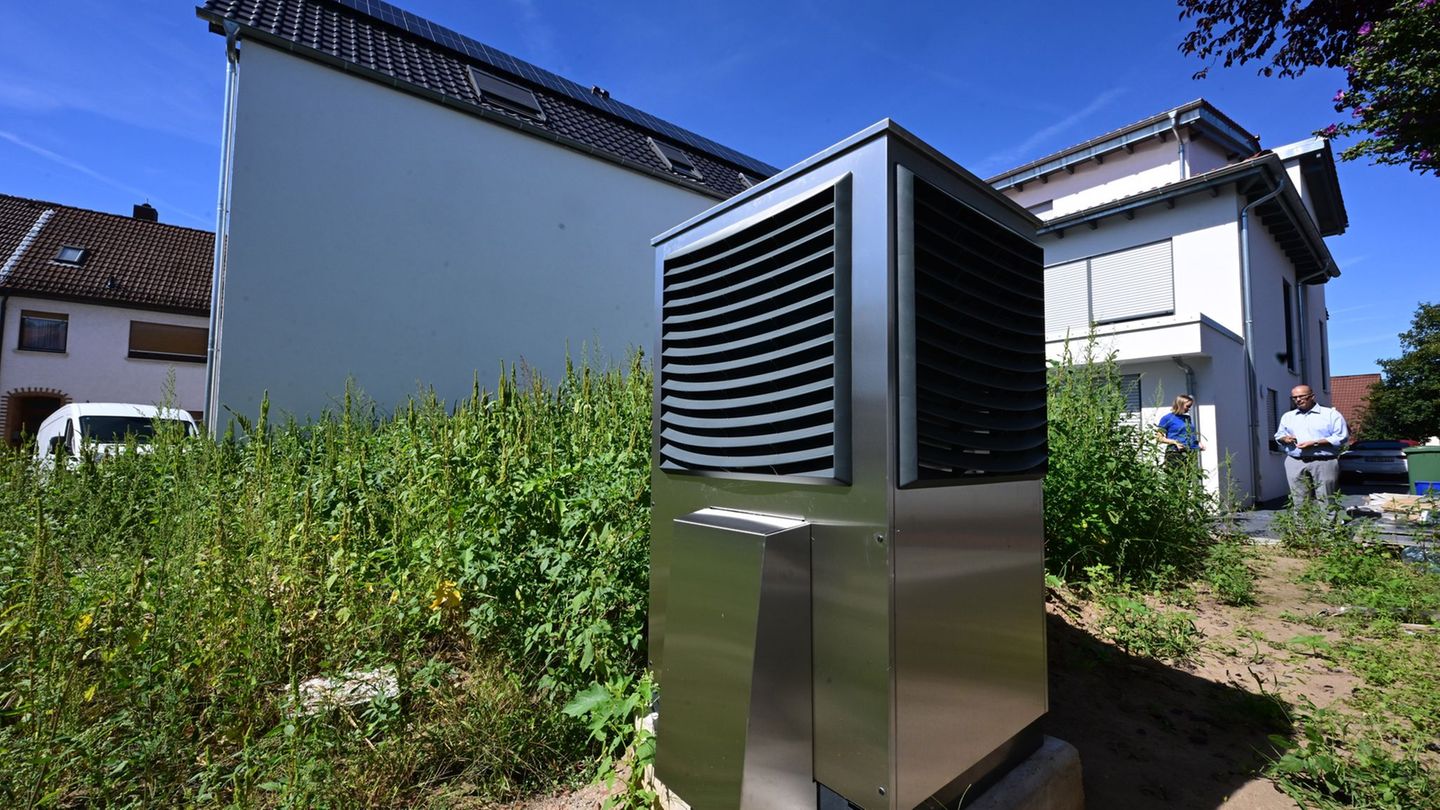Menu
Climate protection: Radical reform of the heating law legally delicate?
Categories
Most Read
Meat increased less than inflation in the last four months: the reasons
October 19, 2025
No Comments
Economist warns of real wage increases at the expense of competitiveness
October 19, 2025
No Comments
Bahn: New boss Evelyn Palla announces major renovations
October 19, 2025
No Comments
Remuneration at stock exchange companies: “No longer a rare species”: female managers earn less
October 19, 2025
No Comments
businessmen distrust that it will reactivate the real economy
October 19, 2025
No Comments
Latest Posts

They will do everything possible to generate panic with the dollar
October 19, 2025
No Comments
The president Javier Mileitrue to his style, was active on social networks in the last few hours. This time he positioned himself on two central

Meat increased less than inflation in the last four months: the reasons
October 19, 2025
No Comments
October 19, 2025 – 1:18 p.m. Meat prices have remained stable in recent months, but consumption remains historically low. Reuters In the last four months,

Selena Gomez and Benny Blanco: First appearance as a married couple in pure elegance
October 19, 2025
No Comments
Lisa HarrisI am an author and journalist who has worked in the entertainment industry for over a decade. I currently work as a news editor
24 Hours Worlds is a comprehensive source of instant world current affairs, offering up-to-the-minute coverage of breaking news and events from around the globe. With a team of experienced journalists and experts on hand 24/7.

